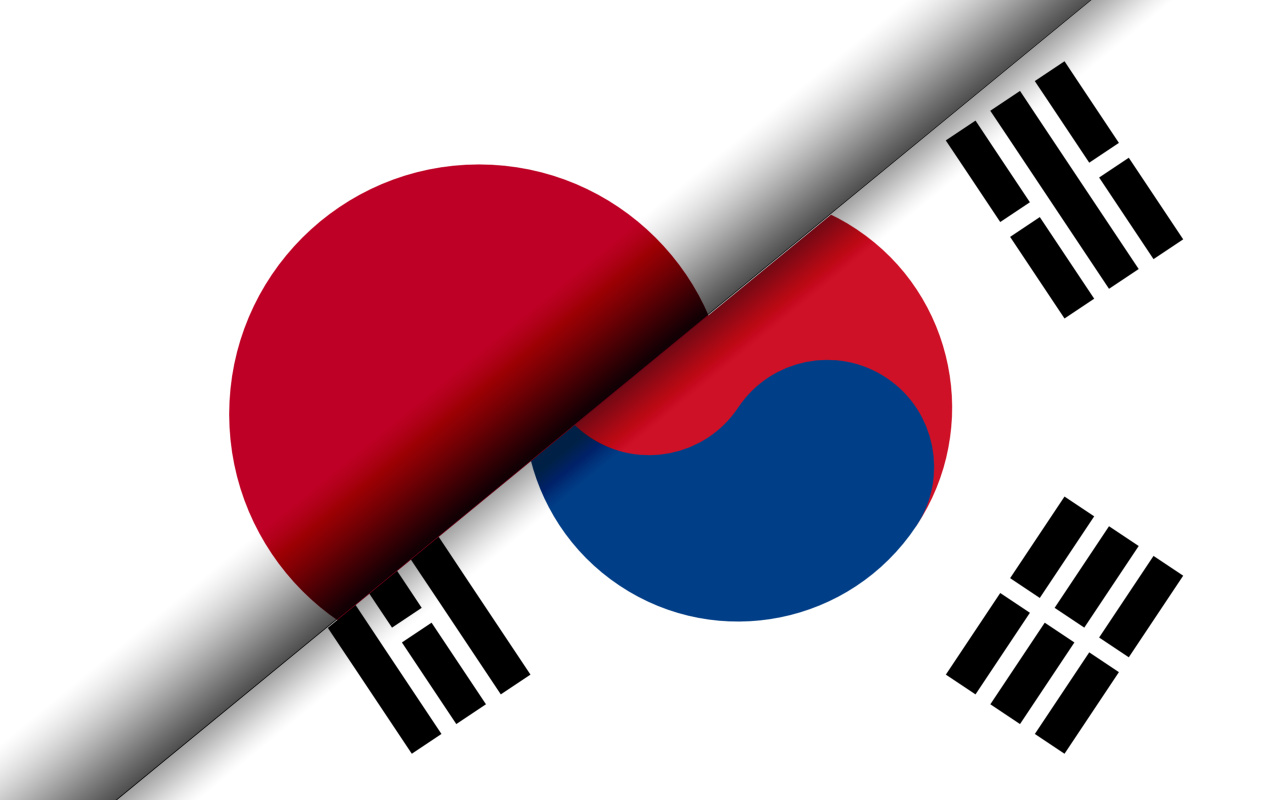Japan and South Korea share a complex economic relationship, filled with both rivalry and partnership. Understanding this dynamic in the context of the ongoing competition between the United States and China can help clarify why these two nations both compete and cooperate.
A Competitive Edge
Japan and South Korea are two of Asia’s leading economies, known for their advanced technologies and significant exports. They often compete head-to-head in industries like electronics, cars, and semiconductors, striving to outdo each other in global markets. This competition is natural for two nations aiming to be at the forefront of innovation and market dominance.
Influence of U.S.-China Rivalry
The geopolitical tug-of-war between the US and China adds another layer to the relationship between Japan and South Korea. As close allies of the US, both countries are under pressure to align with American policies, particularly those aimed at countering China’s growing influence. The US-China trade war and efforts to decouple technologically have disrupted global supply chains, prompting Japan and South Korea to rethink their economic strategies.
Need for Cooperation
In light of these pressures, Japan and South Korea have found it beneficial to cooperate. The US encourages its allies to reduce their reliance on Chinese technology and production. To this end, Japan and South Korea are strengthening their economic ties to create more robust and independent supply chains. A notable example is Samsung’s increased investment in Japan’s semiconductor sector. This isn’t just a business move; it’s also a strategic decision to align with US policies and decrease dependence on China.
Shared Benefits
By working together, Japan and South Korea can achieve more than they would alone. Collaboration allows them to combine their strengths, leading to greater technological advancements and improved global competitiveness. Additionally, a united front helps them better withstand geopolitical shocks, ensuring that their economies remain stable even amidst US-China tensions.
Conclusion
Japan and South Korea’s relationship is a mix of fierce competition and strategic cooperation, heavily influenced by the broader US-China rivalry. Both nations recognize that while competition drives them forward, cooperation is crucial for building economic resilience and staying ahead in the global market. This delicate balance will continue to shape their interactions in an ever-changing world.





